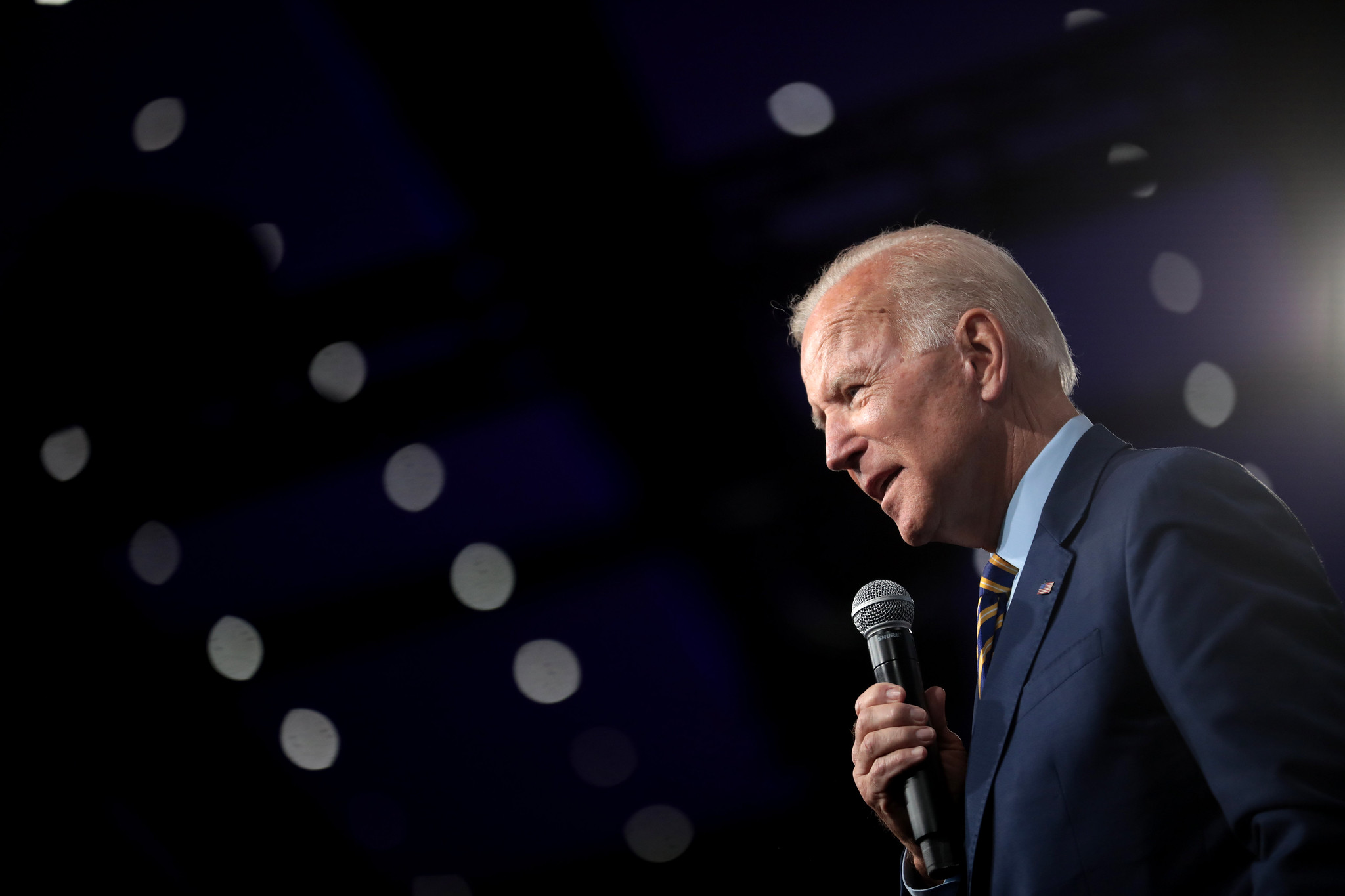As the climate crisis spirals further out of control, Joe Biden has two months left in his historic presidency. In that stretch, he still holds the levers of some of the most powerful tools in the world to fight climate change, lower costs of living, and save lives. But what can Biden actually do this fall to solidify his train-loving identity and enhance his historic climate investments — especially now that Trump has won the White House?
Funding public transportation may be his biggest opportunity of all.
Unfortunately, non-partisan research has shown that the Bipartisan Infrastructure Law has actually increased greenhouse gas emissions and is worsening climate change, due largely to states across the country building new highways instead of fixing potholes on the ones they already have. These poor choices were driven by Republicans and conservative Democrats like Joe Manchin.
But there’s one tool President Biden could organize states to use, which would transfer hundreds of millions of dollars to green transportation projects without Congress needing to lift a finger: flex funding.
Essentially, "flexing" funds allows governors and their transportation departments to take eligible formula grant dollars from the Bipartisan Infrastructure Law that are already controlled by states, and shift them away from highways and into sustainable transportation.
For example, money meant for a highway expansion program could instead fund new bus rapid transit lines, wildlife crossings to improve highway safety, and sidewalk accessibility projects. All that is required is for a state’s own transportation plan to reflect these priorities, and for DOTs to receive approval from the Federal Highway Administration and Federal Transit Administration.
If President Biden were to make a concerted effort to organize Democratic governors who talk a big game on climate but continue to build new highways, hundreds of transit projects could be funded. This would reduce traffic, improve service for transit riders, lower emissions, elevate air quality, and literally cement his legacy through the built environment, where policy meets everyday life.
For decades, federally-funded transportation projects have dramatically favored highway expansions. That's part of a wildly successful effort driven by the fossil fuel and auto industries to normalize mass car dependence and expand the market for automobiles, regardless of the impacts on the environment, the disability community, the movement for racial justice and more.
Over that span, about 80 percent of federal ground transportation funding has gone towards roads and highways, with only 20 percent funding all other modes.
Meanwhile, to get 60 votes to pass the BIL, Democrats let Republicans and conservatives in the party rewrite the bill, eliminating the best provisions of the version that Democrats passed out of the House and boxing out Transportation and Infrastructure Committee Chair Peter DeFazio in the process.
The transportation sector is the largest source of climate pollution in the United States, accounting for 29 percent of greenhouse gas emissions. It's also a sector where the most effective climate justice solutions are well known; they just need to be funded.
Some might say flexing funds will take away from key projects to fix roads. In reality, though, it is expansion projects that most threaten to derail progress on filling in potholes. The BIL added huge sums to general funds — likely enough to make every road in America smoother — but some Dems are using that money to build unnecessary highways instead.
If we are serious about taking meaningful action on climate change, we need to use every tool we have. Right now, Democratic governors are ignoring or missing one of the biggest tools of all: the one that's already funded.






